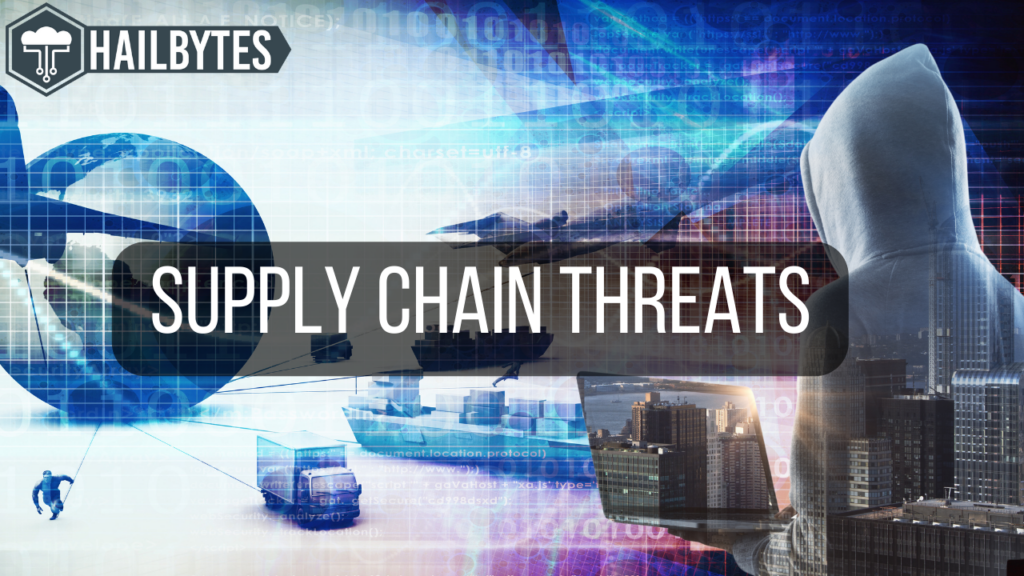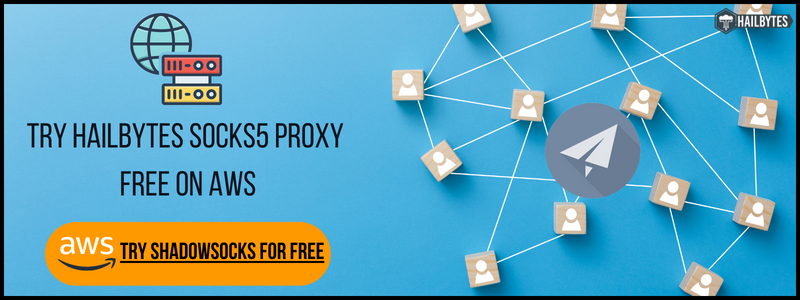7 Top Cybersecurity Threats Affecting The Supply Chain
Introduction
Supply chain management has become increasingly complex in recent years, with more and more businesses relying on third-party vendors and service providers. This reliance exposes companies to a range of new cybersecurity risks, which can have a major impact on operations.
In this article, we’ll take a look at seven of the top cybersecurity threats facing the supply chain today.
1. Malicious Insiders
One of the most significant threats to the supply chain is malicious insiders. These are individuals who have legitimate access to company systems and data, but use that access to commit fraud or theft.
Malicious insiders often have detailed knowledge of company systems and processes, which makes them difficult to detect and thwart. In many cases, they are only discovered after they’ve caused significant damage.
2. Third-Party Vendors
Another major threat to the supply chain comes from third-party vendors. Companies often outsource critical functions to these vendors, such as transportation, warehousing, and even manufacturing.
While outsourcing can save money and increase efficiency, it also exposes companies to new cybersecurity risks. If a vendor’s systems are breached, the attacker could gain access to the company’s data and systems. In some cases, attackers have even been able to hijack vendor systems to launch attacks on the company’s customers.
3. Cybercrime Groups
Cybercrime groups are organized teams of criminals who specialize in carrying out cyberattacks. These groups often target specific industries, such as healthcare, retail, and manufacturing.
Attackers typically target supply chain systems because they offer a wealth of valuable data, such as customer information, financial records, and proprietary company information. By breaching these systems, attackers can cause significant damage to the company and its reputation.

4. Hacktivists
Hacktivists are individuals or groups who use hacking to further a political or social agenda. In many cases, they carry out attacks on companies that they believe are complicit in some form of injustice.
While hacktivist attacks are often more disruptive than destructive, they can still have a major impact on operations. In some cases, attackers have been able to access and release sensitive company data, such as customer information and financial records.
5. State-Sponsored Hackers
State-sponsored hackers are individuals or groups that are sponsored by a nation state to carry out cyberattacks. These groups typically target companies or industries that are critical to the country’s infrastructure or economy.
In many cases, state-sponsored attackers are looking to gain access to sensitive data or intellectual property. They may also be looking to disrupt operations or cause physical damage to company facilities.
6. Industrial Control Systems
Industrial control systems (ICS) are used to manage and monitor industrial processes, such as manufacturing, energy production, and water treatment. These systems are often controlled remotely, which makes them vulnerable to cyberattacks.
If an attacker gains access to an ICS system, they could cause significant damage to the company or even the nation’s infrastructure. In some cases, attackers have been able to remotely disable safety systems, leading to industrial accidents.
7. DDoS Attacks
A distributed denial-of-service (DDoS) attack is a type of cyberattack that attempts to make a system or network unavailable by flooding it with traffic from multiple sources. DDoS attacks are often used as a weapon in political or social disputes.
While DDoS attacks can be disruptive, they rarely result in data breaches or other serious damage. However, they can still have a major impact on operations, as they can make systems and networks unavailable for extended periods of time.
Conclusion
Cybersecurity threats to the supply chain are constantly evolving, and new risks are emerging all the time. To protect against these threats, it’s important for companies to have a comprehensive cybersecurity strategy in place. This strategy should include measures to prevent attacks, detect breaches, and respond to incidents.
When it comes to the supply chain, cybersecurity is everyone’s responsibility. By working together, companies and their partners can make the supply chain more secure and resilient to attack.

